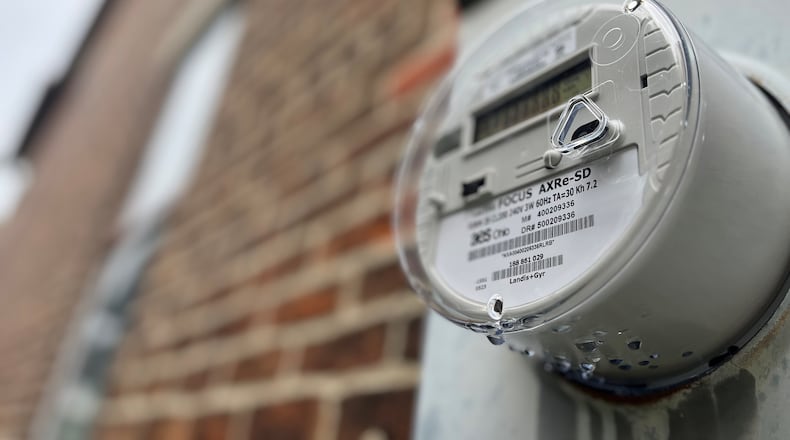Consumers’ Counsel Maureen Willis will give testimony discussing that issue at Tuesday’s Ohio Senate Energy Committee meeting, said Merrilee Embs, a spokeswoman for the OCC.
The current draft of the energy bill — passed by the House and now before the Senate — would block refunds to consumers even if the Supreme Court rules in the consumers’ favor, according to the OCC.
The office put refunds at about $312 per customer.
Willis argued last week that the court should overturn a Public Utilities Commission of Ohio (PUCO) ruling that permitted AES (the former Dayton Power & Light) to charge consumers for “stability” charges dating back to 2009, without evidence to support the charges, according to the OCC’s view of the case.
The stability charges were collected from consumers for three years after AES withdrew from its electric security plan — its overall operating plan — in response to a PUCO modification of the plan.
“The PUCO keeps rubberstamping decade-old charges for services AES no longer provides,” Willis said in a statement to the Dayton Daily News. “It’s a sham, and the court should end it and order consumer refunds now.”
The upshot: Willis’ office seeks refunds for consumers who were charged stability fees between 2020 and 2023.
The case stretches back to 2021, when the PUCO ordered AES Ohio to include language in a tariff making a rate stabilization charge “refundable ‘to the extent permitted by law.’”
AES Ohio objected that such refund language had not been a “provision, term or condition” of the utility’s earlier electric security plan.
A spokeswoman for AES Ohio said company representatives participated in last week’s oral arguments before the Supreme Court.
“Those charges were lawfully authorized by the PUCO and are not subject to refund” under Ohio law, said Mary Ann Kabel.
Regarding House Bill 15, Kabel said the utility would not comment on pending legislation.
The House passed the bill in March, with a statement from Ohio House speaker Matt Huffman, R-Lima, calling it “a market-driven initiative that aims to boost power generation in Ohio, improve affordability for ratepayers and increase reliability within the state’s electrical grid.”
“If we’re going to continue to support major economic development projects here in Ohio, then we’re going to need the energy to power them,” Huffman said in a statement at the time of the bill’s passage. “House Bill 15 is a bold, comprehensive strategy that will prepare our state for future economic growth and promote energy reliability, while improving affordability for ratepayers.”
Ohio senators took up up the bill earlier in April. It is currently before the Senate Energy Committee.
AES Ohio has some 539,000 customers in a 24-county area of West Central Ohio.
About the Author

